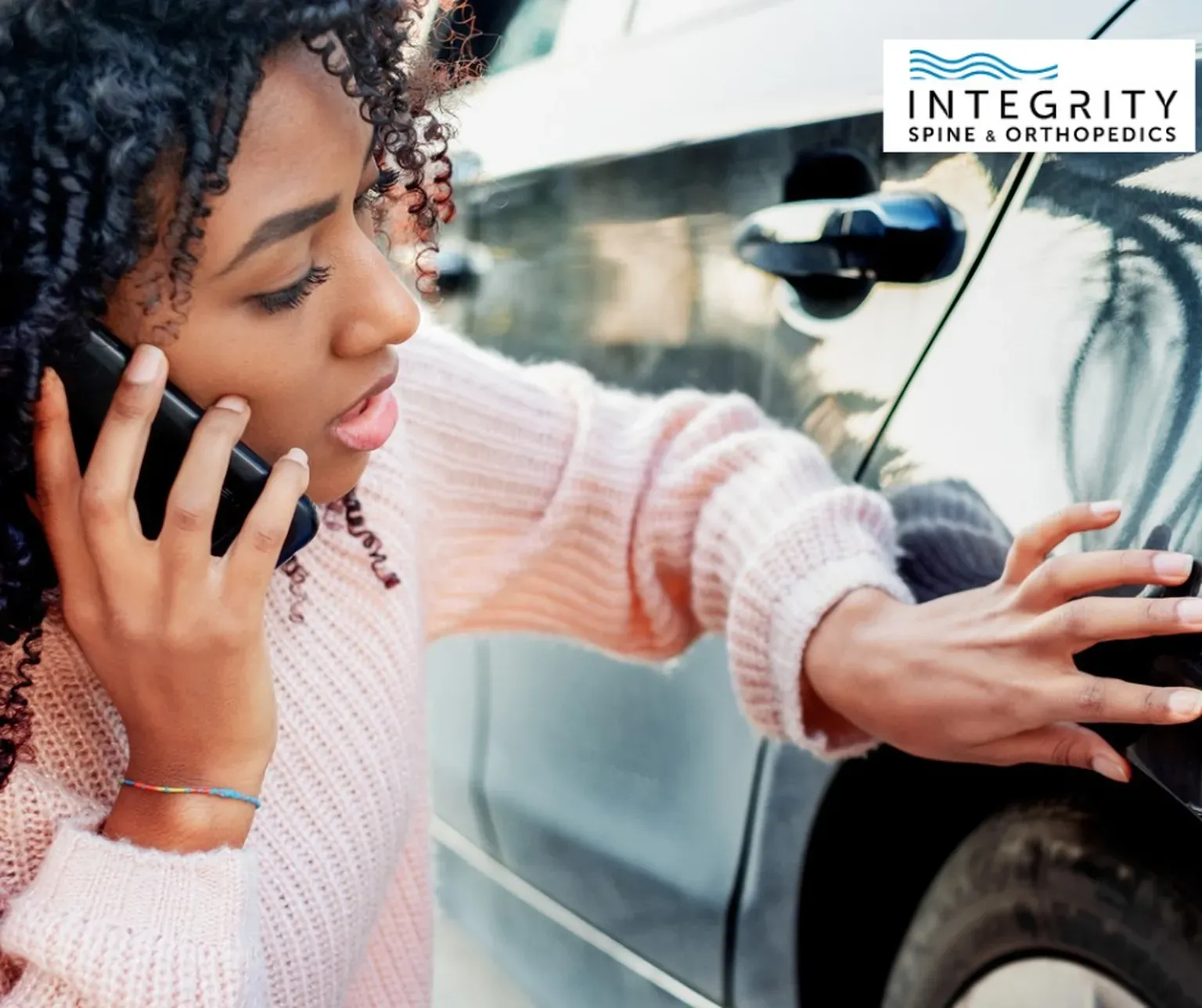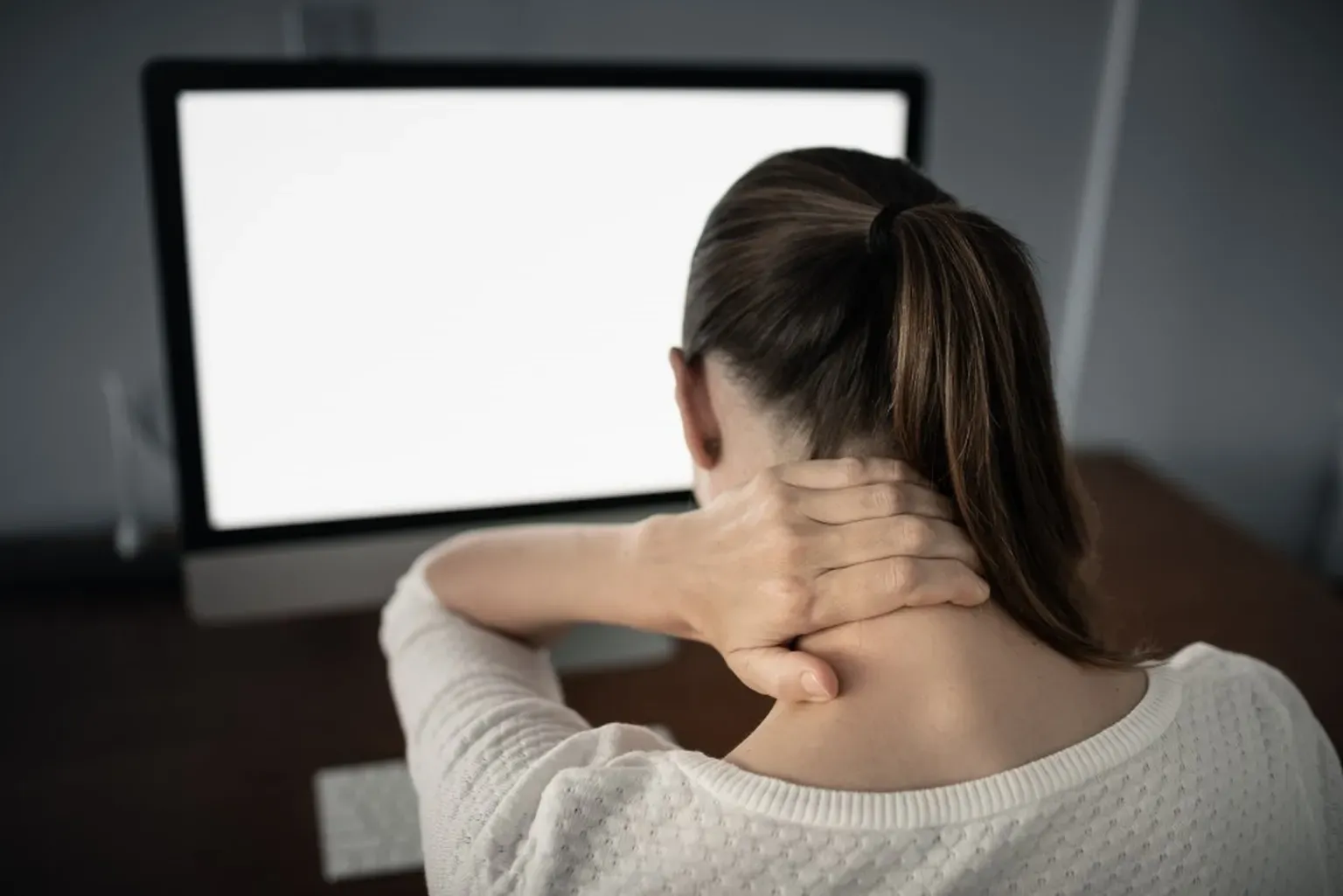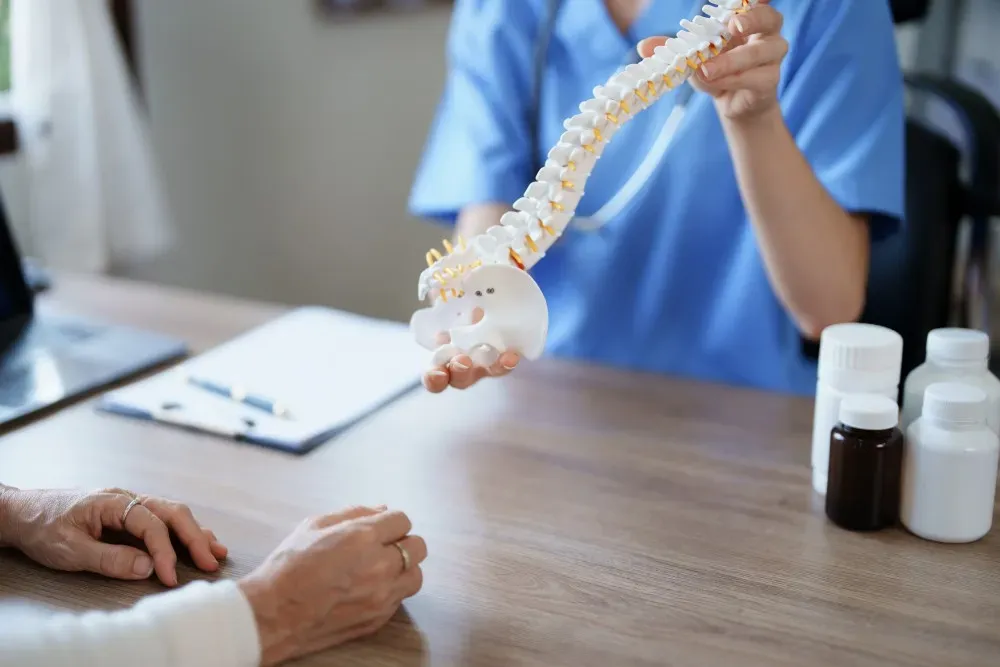Neurosurgery & Orthopedic Surgeons in Jacksonville

What Should I Do After a Car Accident That Wasn’t My Fault (No-fault)?
Car accidents are traumatic events, especially if you’re involved in a crash that occurred through no fault of your own. You might feel frightened, in shock or in pain after a high-impact collision, and not sure how to proceed next.
Car accidents are traumatic events, especially if you’re involved in a crash that occurred through no fault of your own. You might feel frightened, in shock or in pain after a high-impact collision, and not sure how to proceed next.
Keep reading to learn the answers to important questions you may be asking yourself after a car accident that wasn’t your fault.
SHOULD I CALL THE POLICE?
You should absolutely call the police, whether the accident was a minor fender bender or a significant crash. If the accident wasn’t your fault, having an official police report will help you hold the other driver accountable for damages and repair costs. Don’t try to work out reparations with the other driver on your own, even if the other driver doesn’t want to involve the police of insurance companies.
It’s much safer for you to call the police, tell the responding officer the truth about what happened, and let the officer decide who is at fault in the official report. The at-fault driver will likely receive a citation.
Filing a police report will also help you handle an insurance claim. Your insurance company will want a copy of the report, and having one will speed up the claims process.
WHAT INFORMATION DO I NEED TO KNOW ABOUT THE ACCIDENT?
You’ll need to collect several pieces of information at the scene of the accident. This information will help you as you move through the insurance claim process. Before you leave the scene, make sure you have the following information:
- The other driver’s name and contact information
- The names and contact information of passengers in the other driver’s car
- The other driver’s car insurance company and policy information
- The make, model and color of the other driver’s car
- The names and contact information of witnesses to the accident
- The responding police officer’s name, contact information and badge number
Only speak to the other driver about the information above that you’re trying to obtain. Don’t discuss the accident or who is at fault — leave those discussions for the police and your insurance company.
While you’re waiting for the police, jot down as much information as you remember about the accident. Sketch a quick map to show the direction each car was traveling and the location of the crash. List the weather conditions at the time and any other circumstances surrounding the collision. Take pictures of both cars to document damages.
WHOSE INSURANCE COMPANY DO I CALL?
If you’ve been in an accident that wasn’t your fault, you may be wondering whose insurance company you need to call to seek compensation.
The safest bet is always to call your own car insurance company after an accident. They can tell you what kind of coverage you have for personal injury, collisions, damages and medical expenses. You may also have uninsured motorist coverage you can use if the other driver doesn’t have insurance. Depending on the services you need, your insurance company will pay for your repairs and medical bills, then work with the at-fault driver’s insurance to collect compensation. This is a stress-free solution for you, because everything is billed directly to your insurance company and you won’t need to communicate with the other driver’s insurance company at all.
In some cases, you’re required to call your own insurance company after an accident to receive payment help with injuries. Florida is one of 12 no-fault states, which means you must use your own personal injury protection coverage to pay for injuries. If your injuries are more severe than what your insurance covers, you can sue the at-fault driver directly.
If you weren’t at fault in an accident, you also have the choice to file a claim with the other driver’s insurance company, called a third-party claim. In a third-party claim, the other insurance company will pay for your car repairs once it determines their driver was at at-fault. The other company will also pay for medical expenses, unless you live in a no-fault state.
SHOULD I SEE A DOCTOR?
Yes, you should seek medical care after a car accident, even if you don’t feel any pain or see any injuries. When you’re involved in a high-impact collision, your body releases a massive spike of adrenaline that can mask pain and other symptoms directly after a crash. It may be several hours or even days before pain, symptoms and injuries appear. Delayed presentation is common for car accident injuries like whiplash, concussions, spinal damage or soft tissue injuries.
It’s also critical that you see a doctor and get tested for internal injuries and fractures. Serious internal injuries like bleeding and swelling can be life-threatening if they’re not diagnosed and treated immediately.
Don’t call your primary care physician (PCP) after a car accident, because many PCPs don’t have the training to identify, diagnose and treat car crash injuries. An incorrect diagnosis of your injuries can delay proper treatment and make your injuries worse down the road. Untreated whiplash and spinal injuries can cause chronic pain in the future, while untreated concussions may cause permanent brain damage.
Instead, call a medical practice that has the training and experience to treat car accident injuries. A specialist will accurately diagnose your injuries and start you on an effective treatment plan.
WHAT HAPPENS NEXT?
Once you’ve successfully made it through all of the above, the next step is the recovery process.
First, your car may need repairs, which can take several weeks if the damages are extensive. Make sure you keep all documentation throughout the repair process, including the estimate you’re given and any updates you receive. Keep documentation and receipts from your car rental service too. You’ll need this paperwork to ensure you get proper compensation for the accident damages.
Next, your body may need repairs, which can also take several weeks or even months. If you’re injured in a car accident that wasn’t your fault, collect all the documentation related to your medical care. Ask for a copy of your medical records, physician notes and imaging studies. Make sure your treating physician knows that you need detailed notes for your records and for the insurance company to review. Keep paperwork, physician orders, medical bills and prescription labels from medications, physical therapy and other treatments you might be prescribed. Again, this paperwork is crucial so that you can receive the compensation you need to cover steep payments for medical care.
Most importantly, make sure you’re taking care of yourself during the recovery process. Car accidents can be traumatic for your physical, mental, emotional and financial health, and you are your own best advocate for obtaining the help you need. Follow your doctor’s orders, eat well, hydrate and get plenty of rest after you’ve been in a traumatic car accident.
INTEGRITY SPINE AND ORTHOPEDICS TREATS CAR ACCIDENT INJURIES
At Integrity Spine and Orthopedics, our board-certified team of orthopedic surgeons is trained to identify, diagnose and treat car accident injuries like spinal damage, fractures, whiplash, concussions and soft tissue injuries. We offer several treatment options that will get you back on your feet and back to doing the activities you love as soon as possible.
If you’ve been involved in a car crash, seek help by calling 904-456-0017 or filling out an online form.




